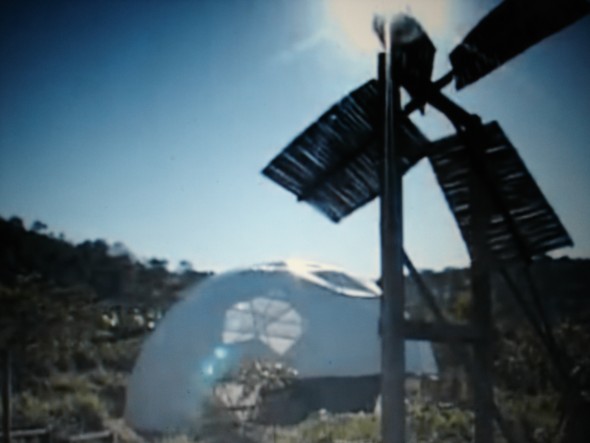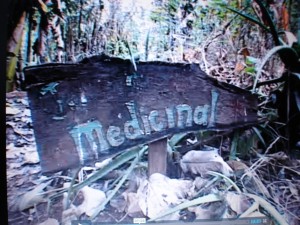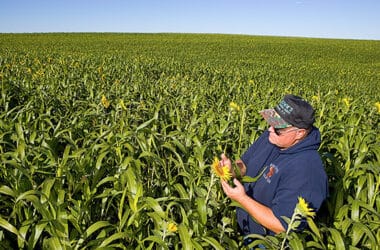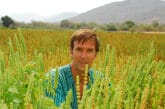The documentary, Permaculture, A Quiet Revolution, investigates communal-self-reliance and economic-environmental sustainability through permanent (agri)culture or permaculture.


Revolutions of the Land and Culture are Never Quiet
Permaculture — from permanent and agriculture — is an integrated design philosophy that encompasses gardening, architecture, horticulture, ecology, even money management and community design. The basic approach is to create sustainable systems that provide for their own needs and recycle their waste.
Bill Mollison, who published Permaculture One in 1978, developed the theories after spending decades in the rainforests and deserts of Australia studying ecosystems. He observed that plants naturally group themselves in mutually beneficial communities. He used this idea to develop a different approach to agriculture and community design, one that seeks to place the right elements together so they sustain and support each other.
As traditional media sources fail to provide accurate news of the world’s dire environmental predicament, the Earth sends a clear message in the form of record-breaking natural disasters, famine and epidemics. People are mobilizing for what lies ahead through permaculture.
“I teach self-reliance, the world’s most subversive practice. I teach people how to grow their own food, which is shockingly subversive. So, yes, it’s seditious. But it’s peaceful sedition.” — Bill Mollison, Permaculture Pioneer
Permaculture, A Quiet Revolution, Vanessa Schulz


In May 2007, the 8th International Permaculture Convergence (IPC8) was held in Brazil, bringing together visionary activists from 43 countries in the common goal of preparing for, and mitigating, our looming global crisis. Their strategy: Self-reliance and sustainability through permaculture.
This timely documentary offers practical steps on how to ‘permaculturize’ our lives. It invites viewers into a permaculture community that spans the globe. Most importantly, it gives the critical inspiration needed to turn our backs on that which is failing us, and to create a sustainable future of our own making.
STORY: Permaculture Lessons From Fire: Restoring Paradise
Celebrating IPC8 Brasil 2007 – International Permaculture Conference & Convergence from SB Permaculture Network on Vimeo.
Updated 19 September, 2020









Pingback: Convivial Degrowth: An Ecologic Reckoning for an Ailing Planet | WilderUtopia.com